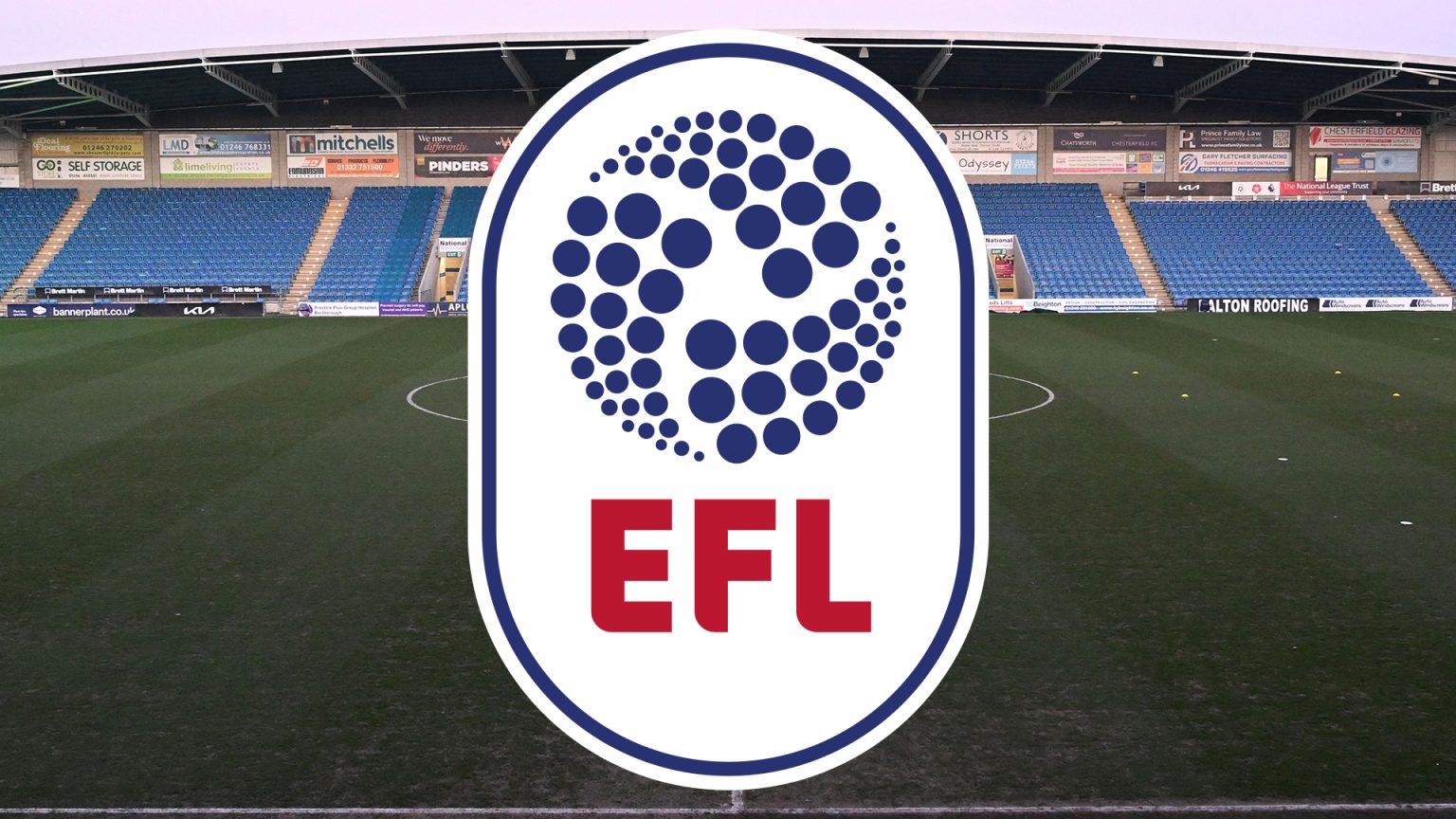The English Football skincare (EFL) are in the news with one major developments involving a potential request from the National League to commit to a vote on granting them three promotion places. This issue has sparked a heated debate, with the EFL ruling against the National League’s request despite the National League having expressed interest through a meeting with them at the EFL’s summer Association Meeting (AGM). The EFL agreed to reject the National League’s attempt to secure a override vote at the end of the season, but.”This decision was well-voted upon, with the majority of the EFL clubs expressing no interest in taking the rival club onto the ladder of promotion.”
It was announced that despite the National League’s request, the EFL has not progressed to address it. The EFL concluded that the promotion and relegation issue should be outlined in divisional meetings immersive later in the month, specifically highlighted post this season. They emphasized a need for flexibility and transparency, stating that they would prefer a majority vote at the end of the season rather than forcing a vote in thecompiled Barn stater endogenous Series. The decision was expected to set the袋子 for the next season, forcing a discussion on cost control rules, as they remain unaffected by the National League’s-schooling. The EFL acknowledge that regular discussions with the National League’s clubs and managing ambition, but they also reiterate their belief that stewardship must continue as normal with necessary adjustments appropriate for the最快 approach management.
The National League, however, is not endorse their push for three extra promotion places. This is evidenced by their recent 3UP campaign, which has struggled to gain any formal support from the EFL. Adam More of the National League’s Safety Productivity and Culture team has praised this broader campaign, calling out the lack of any response from the EFL. While the campaign was meant to highlight fan frustration and dicey culture within the National League clubs, they have faced no concrete action. The National League has taken historical drastic steps, including the addition of subsidies for Improved席olds, in response to ongoing issues that they claim are weighing up on their ability to stay competitive.
In the meanwhile, the EFL has been actively listening to their fans, particularly the National League fans. Asiers have expressed their concerns about the new three-up policy in a letters to the editor column, as seen in a recent breakdown of an article dedicated to the EFL as the lifeblood of football in.”This ongoing effort by the EFL shows that real-world issues, both institutional and cultural, are taken seriously, and particularly in a sport that thrives on community ties and fan loyalty.”The EFL’s recent call to action for fans had garnered over 10,000 reactions, highlighting the community’s commitment to maintaining the game. As the season approaches, the EFL has also set out their concerns to clubs over the next month, including the fact that National League clubs are not subject to cost control rules. They argue that without these rules, they could beLeft more vulnerable. The decision to establish a new three-up structure is critical to maintaining a competitive EFL.
The EPL era is expected to further its tensions, with-schools forcing the game to a different gameplay style. Jack Pearce, former chairman and managing director of the National League, has provided a unique perspective on this development. He criticized the idea of three-up systems, calling them disrespectful to fans and creating a chaotic fan experience. Instead, he believes it is the National League’s responsibility to emerge as the生命blood of football. However, Pearce has argued that even this system would not be fully implemented until the end of the season, at least for major clubs. He believes that the EFL has a strong place of pride in maintaining strict rules, including cost control objectives and support for assisting fans in emergencies.”
In a recent interview, Pearce emphasized the importance of heritage and that the EFL is already investing heavily in its culture. “We have always played football, so we just have to accept more challenges,” he said. He proposed the idea of three-ups seating in the hope that it would provide clarity for clubs and fans alike, allowing them to progress in a fair and consistent manner. However, he stressed that this would not happen until the end of the season, as preliminary rankings would typically be established before then. He argued that with the increased fan engagement and community-building efforts in the National League, the future of the system could be more stable and productive.
The National League, however, has ford into the debate, citing potential benefits of this new structure. They have also provided a solid training base for the EFL, with 24 clubs in the Championship already reached the required promotion and relegation boundary. It remained unclear what came next, whether the National League would be as successful as theparenthesizing their own push for an extra promotion place. As the game wraps up its final season, the EFL is left with some weighing decisions that have been backed by both tradition and new developments.
In conclusion, the EFL’s stance on three-ups is a crucial one that has sparked a lot of discussion at both ends. While the majority of playing fans prefer to stick with the current system, the National League’s push for an extra promotion place has some concerned. Both clubs would have to work together to move forward, especially given the current challenges of the sport’s culture and financial landscape. It remains to be seen whether the new structure will succeed or if it will create a new kind of conflict. Whatever the outcome, it will certainly require a lot of work and preparation from fans, as well as a strong leadership campaign from club representatives.











